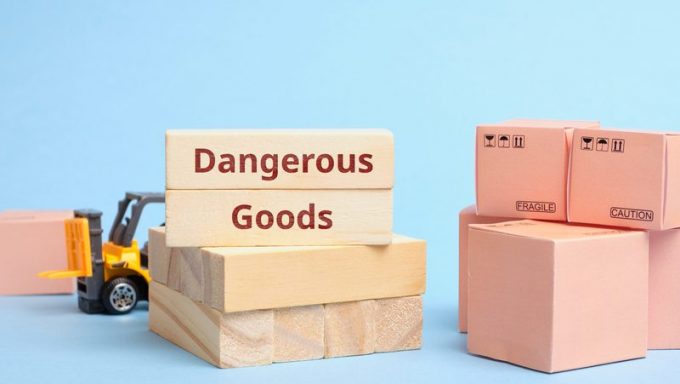Container explodes on Yang Ming box ship in Chinese port
This post was edited at 10am BST on 12 August to include comment from Yang ...

In the world of dangerous goods, the end of a tumultuous and challenging 2022 does not provide the usual welcome break.
With new regulations becoming effective on 1st January, dangerous goods professionals must study and adapt.
The regulations operate on a two-year cycle, so the new road (ADR), rail (RID), sea (IMDG) and air (ICAO Technical Instructions) regulations begin to replace the old editions next month.
For ADR, there is a six-month transition, whereas for IMDG it is a 12-month transition, but the ...
Maersk Air Cargo sees volumes fall as it aims for 'margin in favour of revenue'
Keep our news independent, by supporting The Loadstar
Container spot rates diverge: to Europe still falling, but firmer to the US
Hapag-Lloyd won't take bookings if port congestion leaves cargo stranded
Ecommerce likely the front-runner in resurge of transpacific trade after deal
Airfreight players eye new routes as demand on the transpacific nosedives
China-US trade tariff pause could drive a rebound for transpacific rates
Service chaos from trade ban with India a problem for Pakistan shippers
Airfreight rates ex-China 'loss-making', but hopes of a trade deal stay high
Indian coastal freight attracts major carriers, but regional tension disrupts
Serious threat to jobs in US logistics as tariffs cause economic 'stagflation'
APMM floats along on 'solid' Q1 profitability in Ocean, well prepared for choppy water


Comment on this article